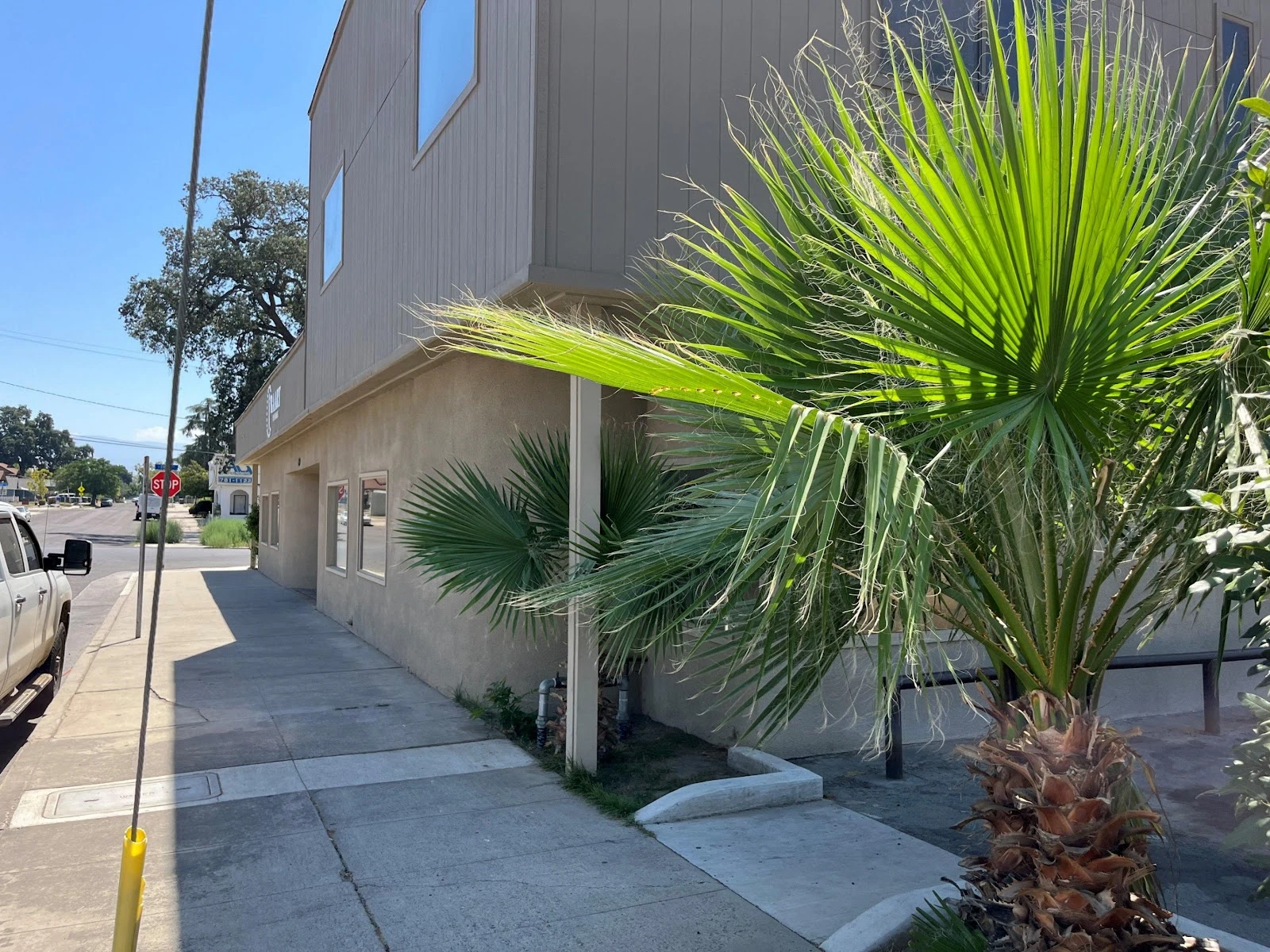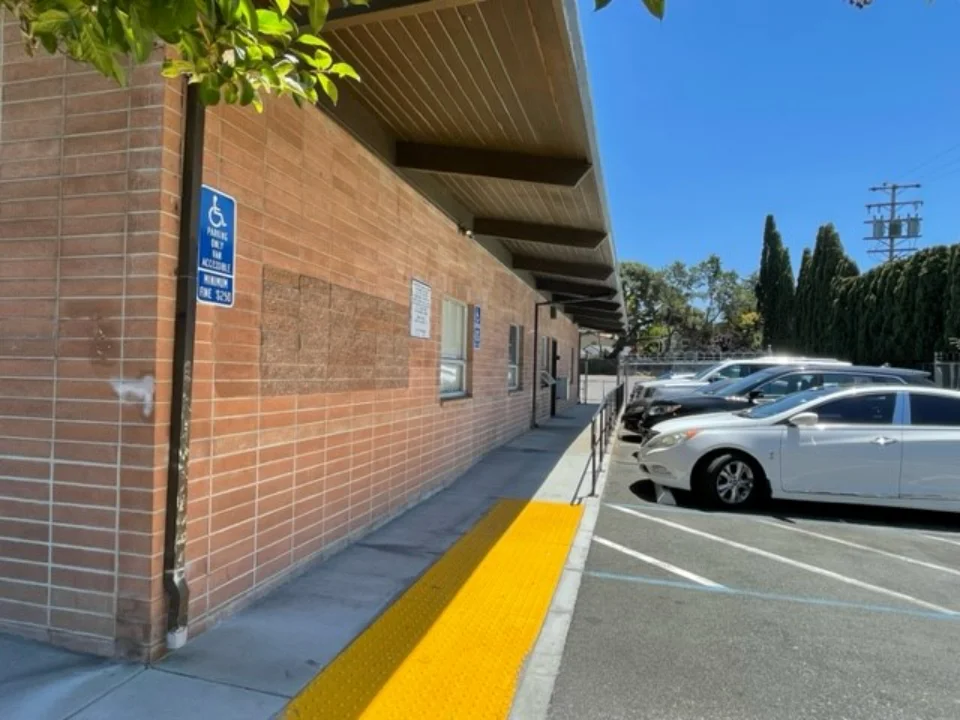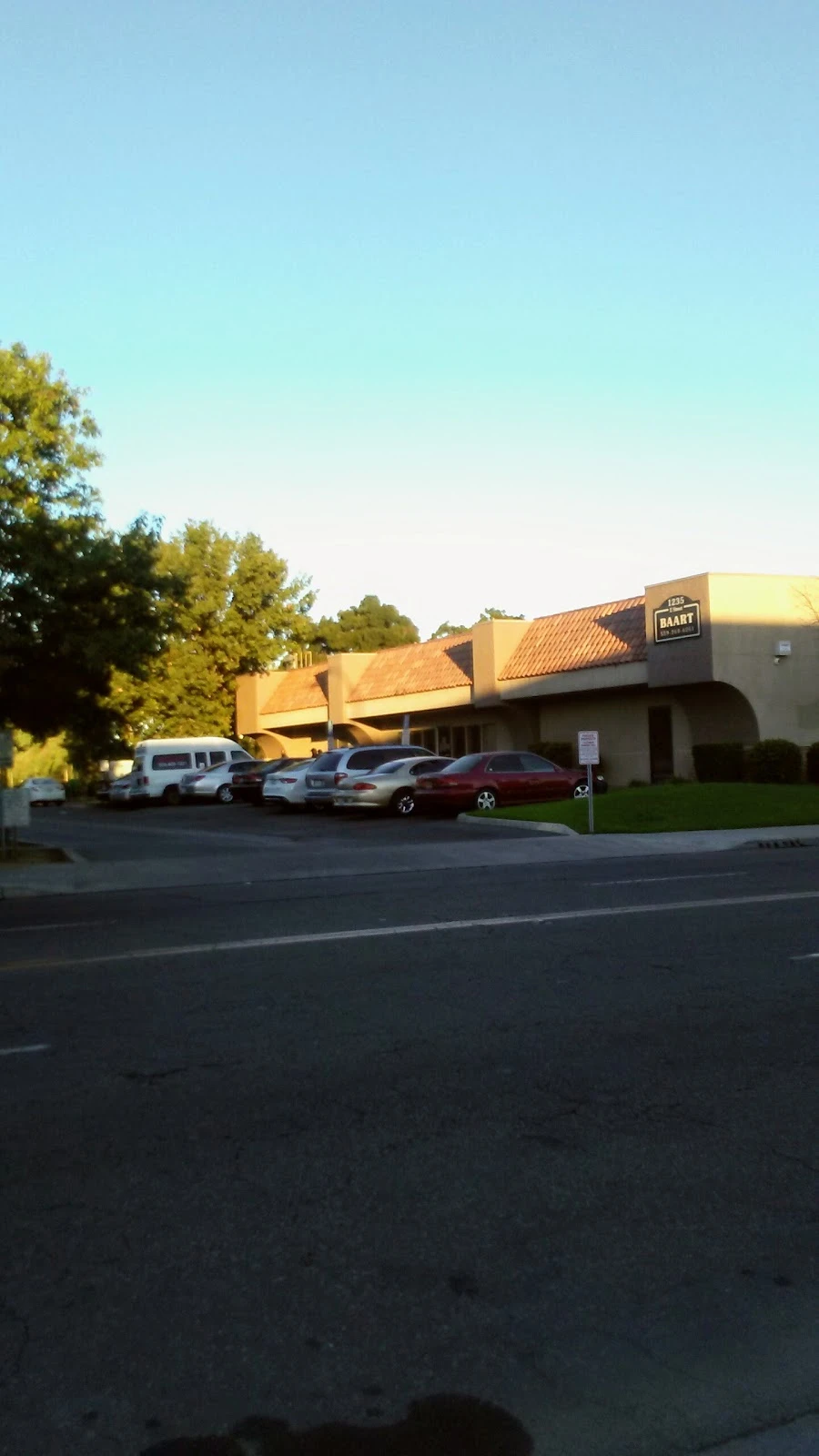MedMark Treatment Centers Information
Treatment
Who We Treat
- Male and Female
- Pregnant/Postpartum Women
- Veterans
- Pregnant Women
Treatment Focus
- Veterans
- Prescription Drugs
- Drug Addiction
- Heroin
- Opioids
Approaches
- Individual Treatment
- Evidence-Based
- Medical
- Group Therapy
- Motivational Interviewing
- Medication-Assisted Treatment (MAT)
- Relapse Prevention Counseling
Substances We Treat
- Prescription Drugs
- Heroin
- Opioids
- Synthetic Stimulants (Bath Salts)
- Synthetic Drugs
Languages
- English
Aftercare
- Discharge Planning
- Relapse Prevention Planning
- Outpatient Treatment
- Medication Assistance
Level of Care
- Outpatient
Experience
Smoking and Vaping Policy
- Smoking Allowed in Designated Areas
- Vaping Allowed in Designated Areas
Accreditations
-
SAMHSA certification for opioid treatment program (OTP)
Accreditation by the Substance Abuse and Mental Health Services Administration (SAMHSA) for Opioid Treatment Programs (OTPs) signifies that a program has met strict standards for providing high-quality care to individuals with opioid use disorders. It assures patients, families, and communities that the OTP follows evidence-based practices, employs qualified staff and maintains a safe and effective treatment environment. This accreditation reflects the program's commitment to addressing the opioid epidemic and promoting recovery.
-
Commission on Accreditation of Rehabilitation Facilities (CARF)
CARF accreditation is a prestigious recognition granted to rehabilitation and human service organizations. It signifies that an organization meets high-quality standards, having undergone a rigorous evaluation process. CARF accreditation boosts an organization's credibility and ensures top-notch care for individuals with disabilities, injuries, or healthcare needs.

-
State department of health
State Licenses, issued by government agencies, authorize rehabilitation organizations to legally operate within designated geographical areas. The specific licenses required for operation are typically determined by both the nature of the rehabilitation program provided by the facility and its physical location.

Additional Locations
MedMark Treatment Centers Accepts The Following Insurance Plans
Find the best treatment options. Call our free and confidential helpline today!




















